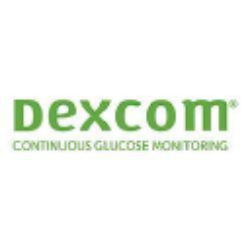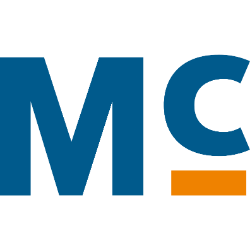
Cardinal Health, Inc. (CAH)
Cardinal Health, Inc. is a global, integrated healthcare company specializing in the distribution of pharmaceuticals and medical products. Founded in 1971 and headquartered in Dublin, Ohio, it provides supply chain services, logistics, and automation solutions to hospitals, pharmacies, and healthcare providers to improve patient care and reduce healthcare costs.
Dividend History
Investors can expect a dividend payout of $0.51 per share, scheduled to be distributed in 25 days on October 15, 2025
| Pay Date | Amount | Ex-Date | Record Date |
|---|---|---|---|
| October 15, 2025 | $0.51 | 2025-10-01 | 2025-10-01 |
| July 15, 2025 | $0.51 | 2025-07-01 | 2025-07-01 |
| April 15, 2025 | $0.51 | 2025-04-01 | 2025-04-01 |
| January 15, 2025 | $0.51 | 2025-01-02 | 2025-01-02 |
| October 15, 2024 | $0.51 | 2024-10-01 | 2024-10-01 |
Dividends Summary
- Cardinal Health, Inc. has issued 88 dividend payments over the past 21 years
- The most recent dividend was paid 67 days ago, on July 15, 2025
- The highest dividend payed out to investors during this period was $0.5107 per share
- The average dividend paid during this period was $0.32 per share.
Company News
The telepharmacy market is projected to grow from $10.06 billion in 2024 to $21.89 billion by 2032, with a 10.23% annual growth rate. The market is driven by technological advancements, reducing healthcare disparities, and expanding digital pharmacy access, particularly in rural areas.
Cardinal Health announced its Board of Directors approved a quarterly dividend of $0.5107 per share, payable on October 15, 2025 to shareholders of record as of October 1, 2025.
The article discusses three healthcare stocks that are well-positioned to provide long-term passive income for investors: AbbVie, Stryker, and Cardinal Health. These companies have proven track records of dividend growth and operate in industries that are unlikely to disappear.
Cardinal Health has recalled plastic syringes made by Jiangsu Shenli Medical Production Co. Ltd and Jiangsu Caina after the FDA found multiple quality system violations at their facilities, leading to warning letters and import alerts. The recall highlights the widespread impact of these deficiencies on patient safety.








